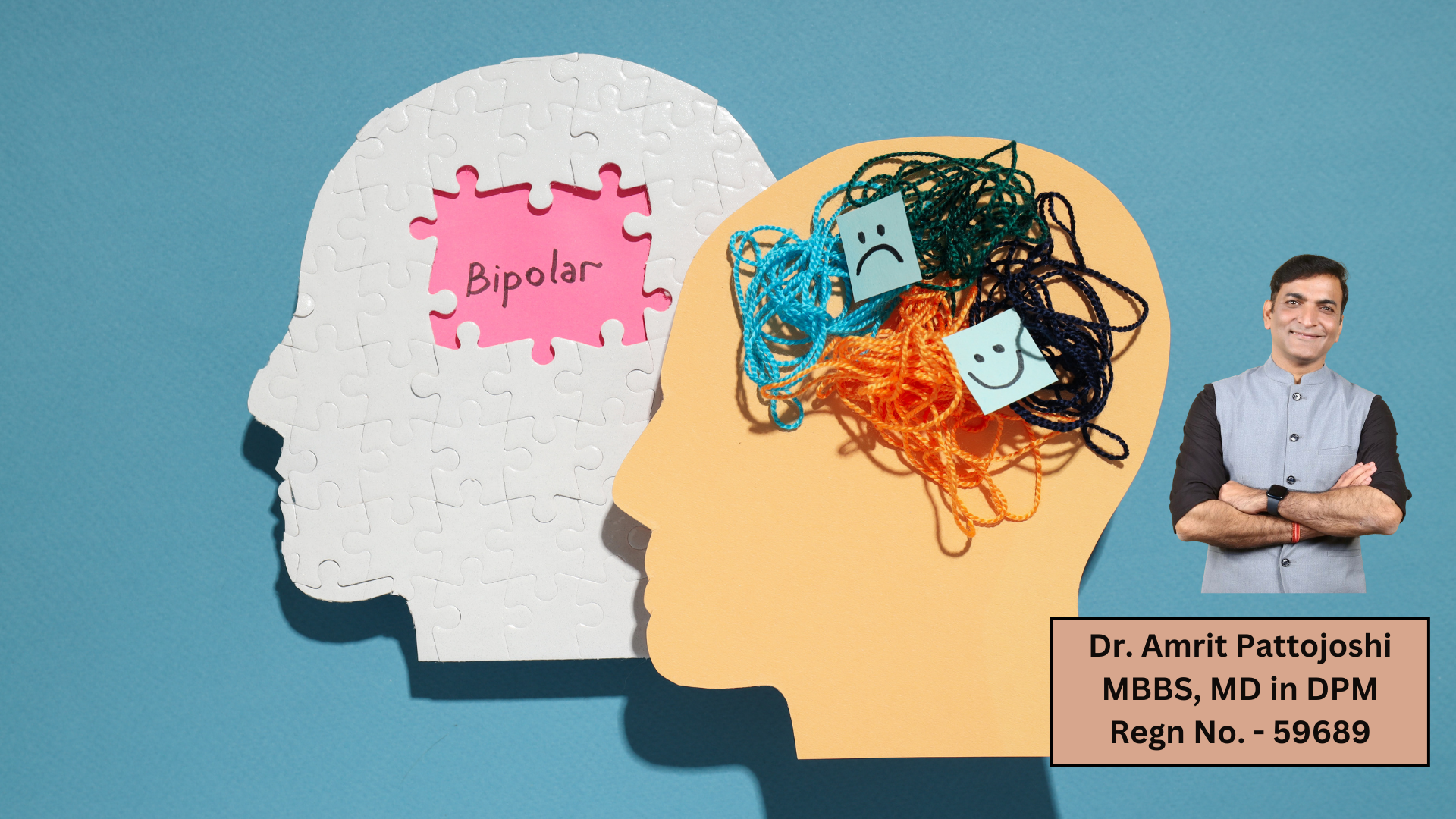Introduction:
Welcome to our website page dedicated to providing valuable insights into depression and mood disorders. As an experienced medical professional, Dr. Amrit Pattojoshi aims to shed light on this important topic and help you understand the complexities surrounding these conditions. In this article, we will delve into the nature of depression, explore common mood disorders, and discuss the role of electrocardiography (ECG) in their diagnosis.
Depression & Mood Disorders: A Closer Look:
Depression is a common mental health condition characterized by persistent feelings of sadness, hopelessness, and a loss of interest or pleasure in activities. It is essential to recognize that depression is more than just feeling down; it is a clinical condition that affects a person's thoughts, emotions, and daily functioning. Mood disorders, on the other hand, encompass a broader spectrum of conditions, including major depressive disorder, bipolar disorder, and dysthymia.
Major Depressive Disorder: Major depressive disorder is the most prevalent type of mood disorder. It involves experiencing intense depressive symptoms that persist for at least two weeks or longer. These symptoms may include persistent sadness, fatigue, changes in appetite, sleep disturbances, and difficulty concentrating.
Bipolar Disorder: Bipolar disorder is characterized by extreme shifts in mood, ranging from periods of elevated, euphoric feelings (manic episodes) to episodes of depression. These mood swings can significantly impact an individual's daily life, relationships, and overall well-being.
Dysthymia: Dysthymia, also known as persistent depressive disorder, involves long-term, chronic symptoms of depression that last for at least two years or longer. While the symptoms may be less severe than those of major depressive disorder, they can still have a significant impact on a person's quality of life.
The Role of ECG in Diagnosis:
Electrocardiography (ECG) is a diagnostic tool commonly used in cardiology to evaluate the electrical activity of the heart. While it may seem unrelated to mental health, recent research suggests a potential connection between heart health and mood disorders.
Studies have shown that individuals with depression and mood disorders may exhibit changes in their heart's electrical patterns, as reflected in their ECG readings. These abnormalities could be indicators of an increased risk of cardiovascular diseases and can help healthcare professionals identify individuals who may require additional cardiac assessments.
Additionally, some medications used in the treatment of depression and mood disorders, such as certain antidepressants, can affect the heart's electrical conduction system. Regular ECG monitoring is vital to ensure the safety and effectiveness of these medications.
Conclusion:
Depression and mood disorders can significantly impact an individual's life, making it crucial to raise awareness and foster understanding. By exploring the various types of mood disorders and highlighting the potential role of ECG in their diagnosis, we hope to provide you with valuable insights and encourage open conversations about mental health.
Remember, seeking professional help is crucial if you or someone you know is experiencing symptoms of depression or a mood disorder. Dr. Amrit Pattojoshi and our dedicated team are here to provide the support and guidance needed to navigate these challenges. Together, we can work towards a brighter and healthier future.
